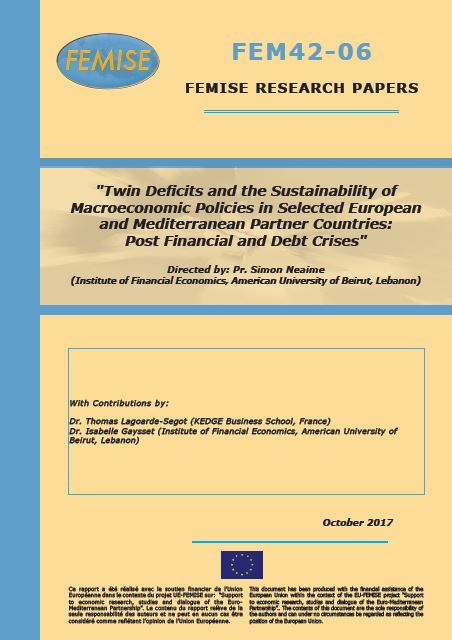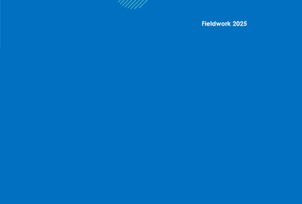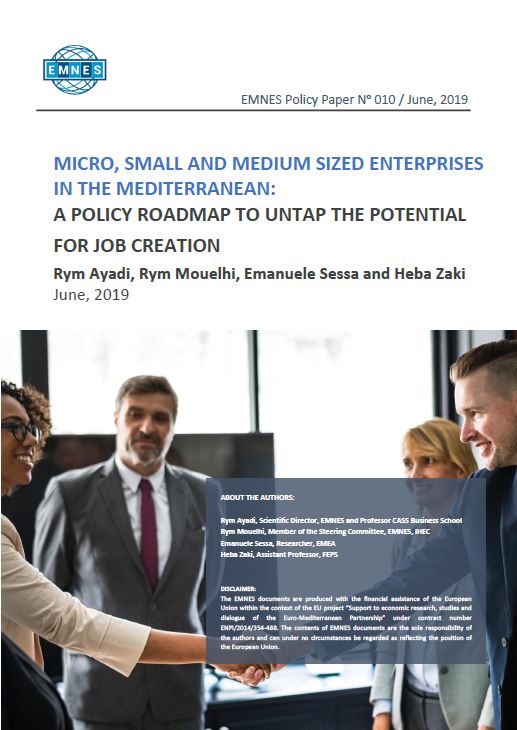Opinion Poll 2021 – Jordan (factsheet)
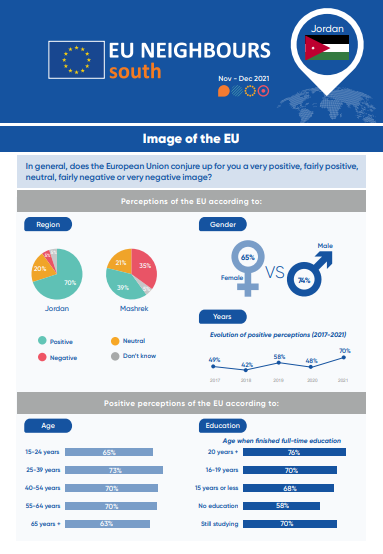
In terms of objective knowledge of the EU, Jordan came in third, with an average of 2.11 questions answered correctly, which has positively affected the perceived image of the EU in Jordan. Jordan is the leading country in Mashrek in terms of positive perceptions of the EU, with 70% of respondents feeling positive about the European Union. This is an increase of 22 percentage points, while negative perceptions declined by 11% compared to 2020 and neutral perceptions also declined by 8%.
Respondents associate the EU the most with Economic Prosperity (72%), followed by Democracy (67%), Freedom of Speech (66%), Peace and Security (64%) and Equality, gender equality (63%).
62% of Jordanians believe that the EU has a good relationship with their country, and 77% believe that the relationship is important.
80% of respondents in Jordan believe that the support for refugees and displaced people is the leading area of EU cooperation, followed by health (62%) support for social protection, (47%), civil society (34%) and economic reform or business and small or medium enterprises (SMEs). The highest level of awareness of EU action to respond to the COVID-19 pandemic was also measured in Jordan (67%), and 57% of those aware of it said that the support was effective.
62% of respondents believe that Jordan benefited the most from the EU’s support in healthcare, followed by humanitarian aid, with 53% of respondents, and education and skills with 30% of responses. 75% of Jordanians said that they would like to see more EU engagement in the digital transition, followed by 70% who mentioned humanitarian aid and 635 who said economic development.
This survey – part of a wave of opinion polls carried out in eight southern Neighbourhood partner countries – was conducted in Jordan between July and September 2021, with 1,000 people consulted in face-to-face interviews. Respondents were asked about their general perceptions of the EU and the values with which it is associated, about EU relations with their country, and the impact of EU financial support, including in supporting their country’s response to the COVID-19 crisis. The surveys also look at preferred sources of information, how people feel about their personal situation and the situation in their country, and their expectations for the future.
Read more
Latest Publications




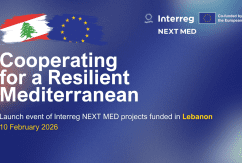

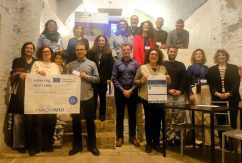

























 Syria
Syria 